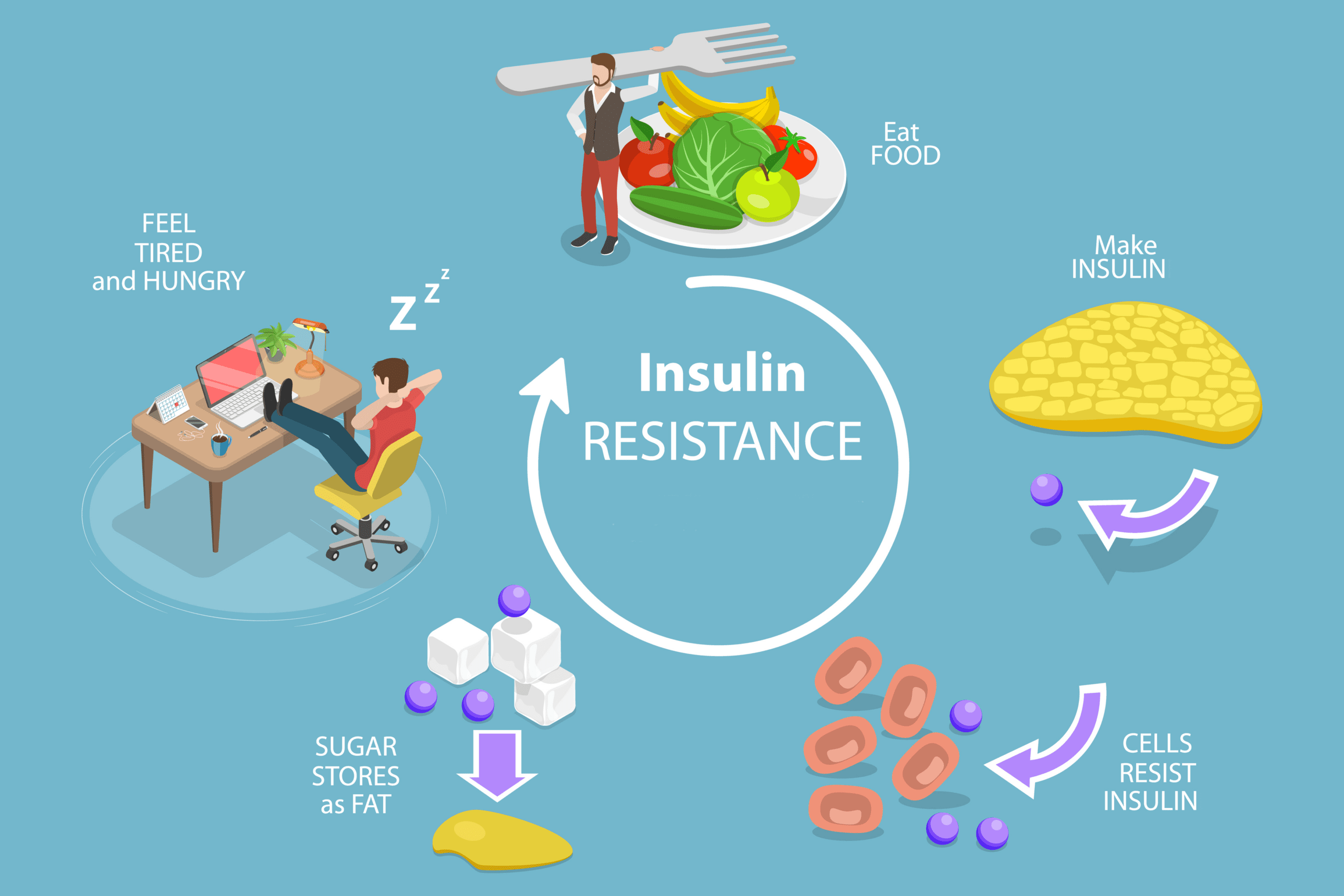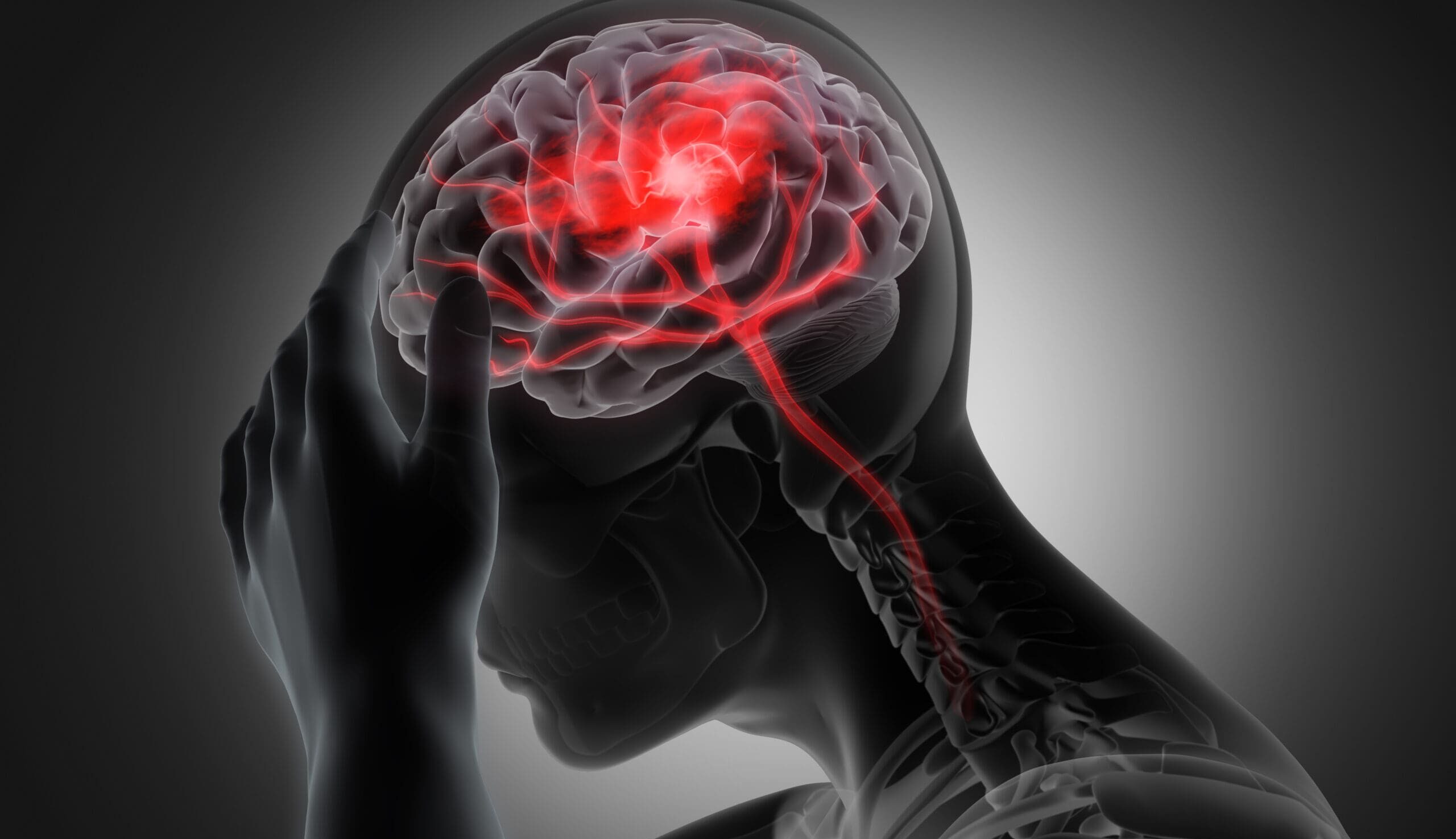The Link Between Obesity And Depression
Obesity and depression are significant global health issues, and a new large-scale genomic study adds new evidence to the relationship between the two.
Previous studies have indicated the connection between these two significant issues as depression often appears in individuals who are overweight or obese.
However, as obesity is a risk factor for numerous health conditions it may be that dealing with other health issues could increase the chances of becoming depressed, rather than obesity being the sole cause.
Some researchers believe that depression is a risk factor for obesity, while others think that depression and obesity worsen one another.
To better grasp this intricate relationship, researchers from Exeter university teamed up with scientists from the University of South Australia, publishing their findings in the International Journal of Epidemiology.
The study used genetic data to inspect the causal relationship between obesity and depression. The team wanted to understand whether a high BMI was linked to an increased risk of depression without other health conditions being present.
They used genetic and medical data from 48,000 people with depression and compared it with 290,000 controls, making it the largest study to date to address this question.
As expected, a higher BMI was associated with higher chances of depression. This association was more prominent in women than men, as women with a high BMI had a 21 per cent increase in risk, compared to 8 per cent in men.
By looking at individuals with predisposing obesity genes but without ones that predispose them to metabolic conditions, such as diabetes – referred to as a “favourable metabolic profile” – the researchers were able to separate the psychological component of obesity.
Dr. Jess Tyrell stated, “Our robust genetic analysis concludes that the psychological impact of being obese is likely to cause depression”.
Because depression and obesity can have such profound impacts on individuals and society as a whole, as Dr. Tyrell explains, “This is important to help target efforts to reduce depression, which makes it much harder for people to adopt healthful lifestyle habits”.
Dr Cabot’s book ‘Help for Depression & Anxiety’ offers practical help to overcome emotional illness, stress, anxiety and unhappiness.









Leave A Comment